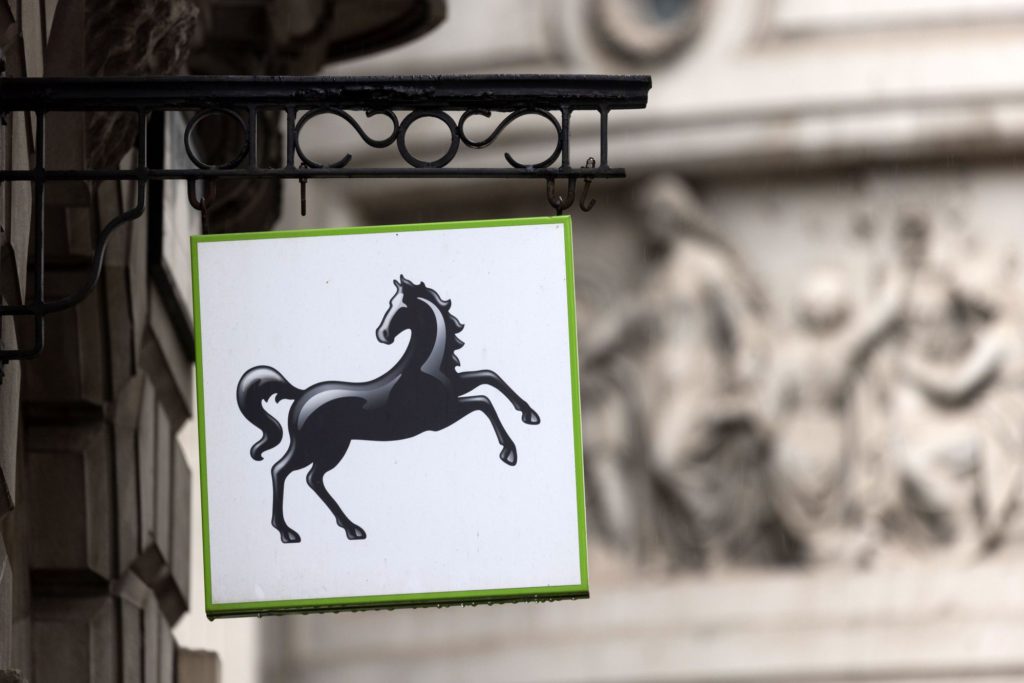(Bloomberg) — When Charlie Nunn inherited one of Britain’s biggest jobs in finance last summer, his first task was to simply steer through the Covid-19 pandemic.
Six months into the role, he’s set out his longer-term strategy for Lloyds Banking Group Plc alongside his first annual results as chief executive officer. Over the next three years he plans to spend 3 billion pounds ($4 billion) on initiatives including bulking up its digital offerings, wealth products, corporate bank and expanding its role as a landowner through Citra Living.
The strategy still centers around Lloyds’ role at the heart of the British housing market. Loans and advances were 449 billion pounds in the fourth quarter. But net interest margins remain low for the country’s biggest mortgage lender, underscoring Nunn’s search for more revenue in the wealth industry where he’s spent much of his career.
Strategy Highlights:
- 1 billion-pound investment in core products
- Boost the bank’s mass affluent franchise with 300-million-pound investment
- 500 million pounds to digitize and diversify its business offering to small- and medium-sized enterprises
- Invest 200 million pounds in bolstering its corporate bank
- Spend 1 billion pounds overhauling its technology infrastructure and self-service capabilities.
Lloyds has about 26 million customers across its businesses — more than one in every three Britons. The bank has tried to expand how these customers can manage their money in recent years, and this month completed the acquisition of investment platform Embark. The wealth and insurance arm makes up about 5% of group underlying profit, according to its fourth-quarter earnings.
The lender is looking to engage more with “customers around their banking, their housing, insurance and simple investments,” Nunn said in a Bloomberg Television interview Thursday.
Nunn’s update continues the tradition of his predecessor, Antonio Horta-Osorio, to refresh the bank’s strategy every few years. Over the course of a decade, the former boss took Lloyds through deep cuts after its 2008 bailout and restored profit and dividends — at least until Covid-19 struck, forcing it to make billions of pounds in provisions.
More stories like this are available on bloomberg.com
©2022 Bloomberg L.P.











